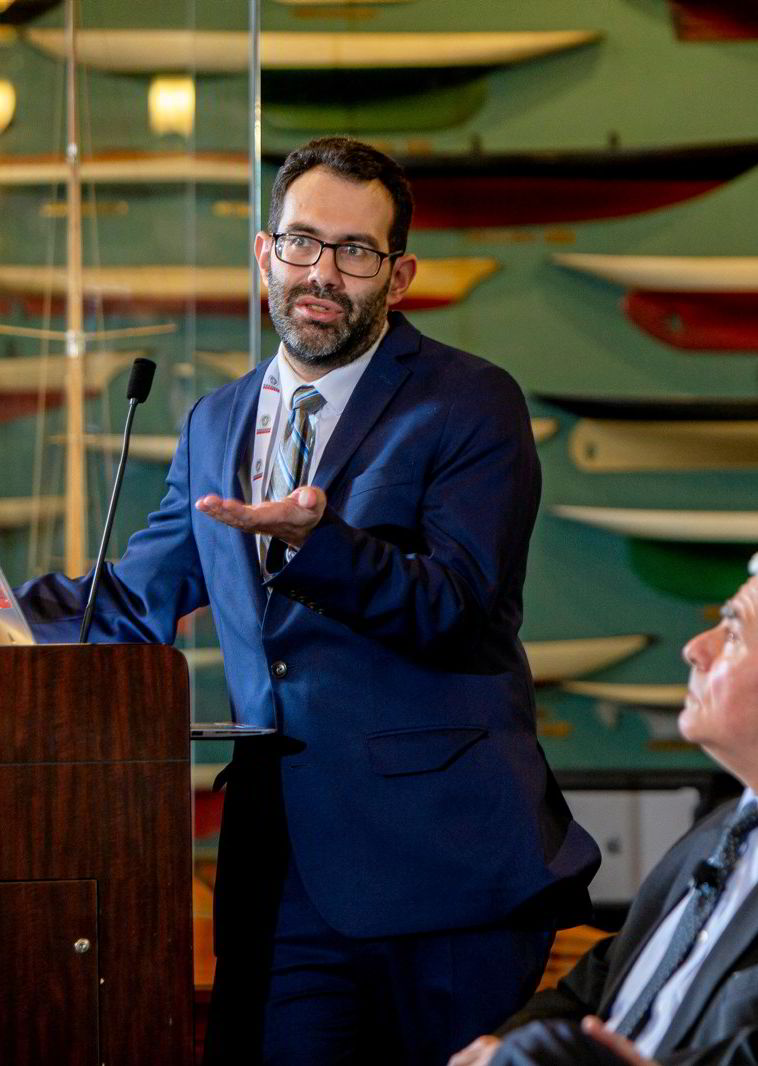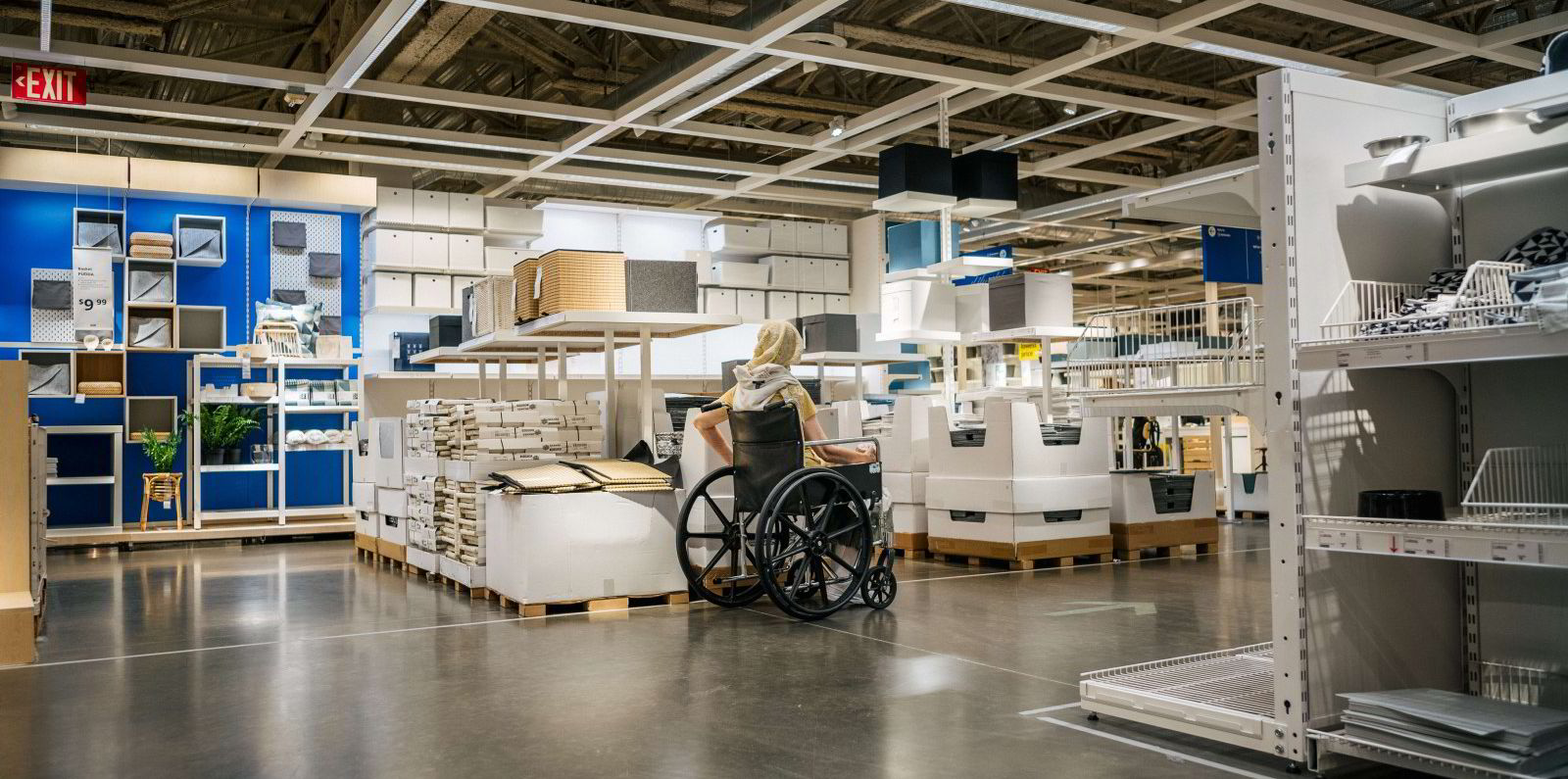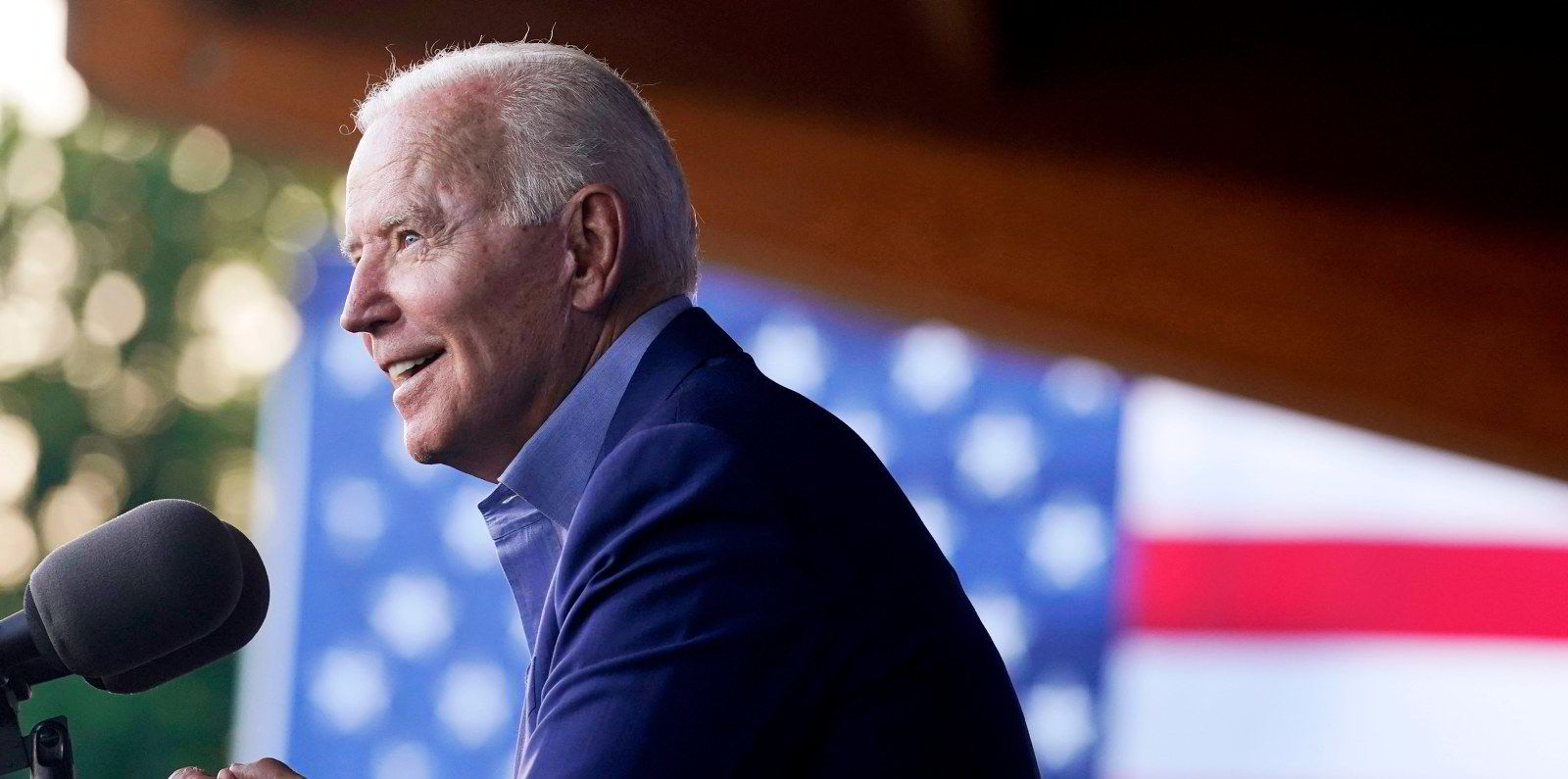If you want to know what a supply chain crunch feels like, try moving from the UK to the US and buying replacements for everything you sold off in London. That is what my family and I just did — and it provided a crash course in the perspective of US consumers at a time when the economy is recovering faster than the supply chain can accommodate amid shipping days, challenging the just-in-time delivery model and fuelling inflation.

The frustrations over the supply chain are spurring Washington into action under the administration of US President Joe Biden, which has already fired its first shot across the bow of the shipping industry.
In our case, the Martins could have shipped all their possessions from London, but in addition to the difficulty of comparing disparate quotes from less-than-containerload movers, the prospect of weeks without furniture persuaded us to sell our belongings and start anew.
So, there we were a few days ago, having made our way through a Swedish labyrinth — by that, I mean the showroom floor at Ikea — standing in the place where our new beds were supposed to be. But the shelf was empty.
Also bare was the shelf where our two mattresses were meant to be, but an eagle-eyed nine-year-old in our search party found the last two queen-size spring mattresses tucked away on another shelf.
We could have ventured back into the blue and yellow-tinged maze of furniture and stylish knickknacks, but we feared getting lost with only meatballs and lingonberries to sustain us. Plus, we had a car to buy.
Short on cars too
But the car we wanted also was not on sparse car dealership forecourts because, in one instance, it had been snapped up before we arrived or, in another case, the price on the forecourt was more than $2,500 higher than we had seen advertised.
Maybe our needs were too specific in a tight market. I, for example, wanted an electric Chevrolet Bolt that would not catch fire in my garage. I ended up buying a vehicle online that was delivered from Philadelphia, three hours from my new home in Connecticut.
I could hear my father rolling around in his grave as his son threw out all of those lessons on buying a car, without even kicking the tyres let alone carrying out a detailed inspection of the engine before signing the contract.
This all comes as container liner operators are rolling in piles of money reaped from sky-high rates, and the car-carrier sector has mounted a significant recovery.
With US consumers becoming increasingly concerned about the inflationary impacts of the supply chain crunch, it is no surprise that shipping has found itself in Biden's sights.
A 9 July executive order tasked the Federal Maritime Commission (FMC) with probing detention and demurrage charges levied by liner operators. That was followed by the FMC and the Department of Justice's antitrust division signing a memorandum of understanding to work together to probe shipping industry market concentration.
Container shipping companies complained that there is no market consolidation problem to fix, given that shipping bottlenecks were a result of short-term factors that were beyond their control.
Biden's executive order came a month after the White House established a supply chain disruptions task force, with Transportation Secretary Pete Buttigieg among cabinet members on the team.
And Washington is showing a shift towards more scrutiny on industries. We have recently seen Biden — just six months into his term — take direct aim at social media companies over vaccine misinformation and tap antitrust hawks to the Department of Justice.

So it should be no surprise to see closer eyes on international shipping as well, particularly in the container liner sector because of its role in carrying consumer goods.
FMC chairman Daniel Maffei has signalled as much by asking for more enforcement capacity, as TradeWinds has reported.
He told Congress that the agency cannot look into shipping rates, but it can explore the additional fees that liner operators charge shippers.
But the situation could become more complex for operators as the Biden administration looks at the problem through a competition lens.
Maffei signalled that it will take joint work with the Department of Justice to explore market concentration issues in the liner market.
Maybe the liner sector is right that there is no competition problem to solve, but doubtless there is a supply chain problem, and shipping will have to step it up to be seen as providing solutions.





